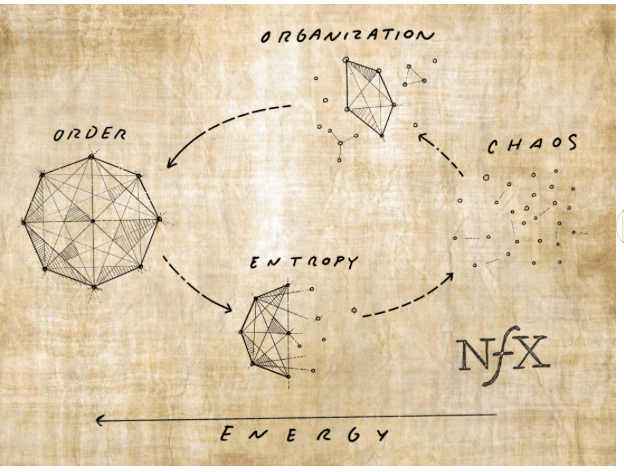## What is Points in Home Loan: Unlocking the Secrets to Lowering Your Mortgage Costs
When it comes to securing a mortgage, understanding the intricacies of financing can make a significant difference in your long-term financial health. One o……
When it comes to securing a mortgage, understanding the intricacies of financing can make a significant difference in your long-term financial health. One of the key concepts you might encounter during your home loan journey is the term "points." But what is points in home loan, and how can they potentially save you thousands of dollars over the life of your loan? In this comprehensive guide, we'll delve into the world of mortgage points, explaining what they are, how they work, and whether they are a smart financial move for you.
### What Are Points in Home Loan?
In the context of home loans, "points" refer to upfront fees that borrowers can pay to reduce their mortgage interest rate. These fees are typically expressed as a percentage of the total loan amount. For example, one point equals 1% of the loan. If you take out a $300,000 mortgage, one point would cost you $3,000.
There are two types of points: **discount points** and **origination points**. Discount points are paid to lower your interest rate, effectively reducing your monthly mortgage payments. On the other hand, origination points are fees charged by the lender for processing the loan. Understanding the difference between these two types of points is crucial in making informed decisions about your mortgage.

### How Do Points Work?
When you decide to pay points, you're essentially prepaying interest on your mortgage. By doing so, you can secure a lower interest rate, which can lead to substantial savings over time. For instance, if you pay two points on a 30-year fixed mortgage, you might reduce your interest rate by 0.25% to 0.5%. While this may seem like a small difference, it can translate to significant savings in interest payments over the life of the loan.
To determine whether paying points is worth it, you'll want to calculate your break-even point. This is the number of months it will take for your savings from the lower monthly payment to equal the upfront cost of the points. If you plan to stay in your home for longer than the break-even point, paying points could be a wise investment.

### Are Points Worth It?
Deciding whether to pay points on your home loan depends on several factors, including your financial situation, how long you plan to stay in your home, and your overall mortgage strategy. If you have the cash available and plan to stay in your home for an extended period, paying points may be beneficial. However, if you anticipate moving in a few years, you may want to consider other options, such as a no-point mortgage, which typically comes with a higher interest rate.
### Conclusion

Understanding what is points in home loan is crucial for anyone looking to navigate the mortgage landscape effectively. By grasping the concept of points, you can make informed decisions that align with your financial goals. Whether you choose to pay points to lower your interest rate or opt for a no-point mortgage, being educated about your options will empower you to take control of your home financing journey.
In summary, points can be a powerful tool in your mortgage arsenal, offering the potential for lower monthly payments and significant savings over time. As you explore your home loan options, consider whether paying points aligns with your financial strategy and long-term plans. Doing so could unlock the door to a more affordable and financially sound homeownership experience.